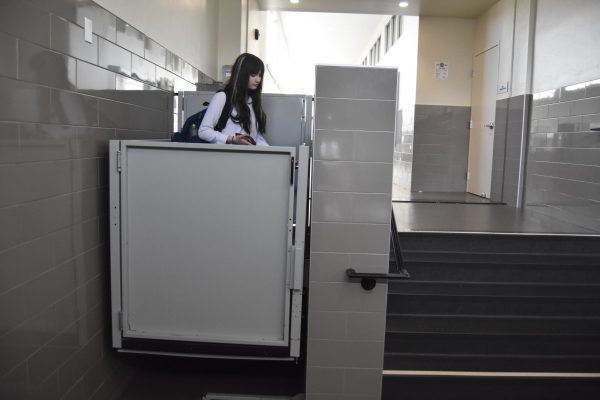Pet sale ban regulates puppy mills
The Dorantes Family adopted their dog Coco from the Peninsula Humane Society.
March 29, 2019
You’ve seen those commercials. The ones where the sad music is playing in the background while a voice over is talking about saving abandoned and neglected animals. It is accompanied by a video of dogs and cats cold, shaking and neglected, that lasts for an eternity.
All across the country, puppy mills are breeding dogs at an alarming rate, and kittens are crowding the pet stores. The supply is greater than the demand, which leads to these animals being surrendered to shelters and they quickly become overcrowded.
California spends $250 million euthanizing shelter animals. On Jan. 1,Assembly Bill 485 became law, after it was signed by then Governor Jerry Brown in 2017. The Pet Rescue and Adoption Act bans the sale of dogs, cats, and rabbits at pet stores unless the animal came from a shelter.
Pet stores under this law are banned from selling animals unless they came from a public animal shelter such as the SPCA, humane society group, or a rescue group such as Rocket Dog Rescue or Nine Lives Foundation. The goal of the bill is to promote the adoption of pets from shelters and to discourage unknowingly supporting mass breeding facilities, also known as “puppy mills.”
Many of these mills often have deplorable conditions where the breeder makes money off the animals. Retail stores such as Petco or Petsmart or any pet stores that sells dogs, cats, or rabbits would have to keep documentation on where they obtained the animal and would be audited yearly. People will still be allowed to purchase dogs, cats and rabbits directly from private breeders, but the goal is to discourage people from unknowingly supporting puppy mills.
The American Kennel Club, however, cautioned citizens about this Assembly Bill.
Phil M. Guidry of the American Kennel Club stated on their website, “When governments attempt to limit the legitimate sources from which a person may obtain a pet, it not only interferes with individual freedoms, it also increases the likelihood that a person will obtain a pet that is not a good match for their lifestyle and the likelihood that that animal will end up in a shelter.”
One common theme is that everyone wants the best for the animals.
Owen Harp ’22 has always grown up with rescue dogs. Harp stated, “Puppy mills are just no no’s.”













